Simple and traditional Ikarian cooking

.jpg)

.jpg)

.jpg)


















July days are perfect to cook outside. Actually, July days are perfect to do everything outside: eat, read, work… especially when you have a cool yard, full of hydrangeas and fuchsia plants; a pond with goldfish and a rocking chair handmade by your husband; And of course family and friends, dropping by to create the most heartwarming atmosphere. At the house of Mrs. Froso Pittaka, in Ikaria Island, in a few hours, we experienced a brief preview of an ideal Mediterranean way of life, at least of what I have in my head as ideal Mediterranean living: Simplicity and warm hospitality; Enjoying the small things and eating good quality local food.
She cooked outside, a delicious summer lunch with fresh picked zucchini flowers and tsifia (tsifiá) – an old Ikarian recipe for sun dried vegetables: zucchinis and eggplants cut in slices, peppers carved; sprinkled generously with salt and covered with a layer of tulle; are left to dry in the sun for ten days, turning them upside down every two days. Then, the vegetables are oven baked in low temperature for ten to fifteen minutes and stored in a cloth bag. This is the traditional way to preserve vegetables for months; before you cook them, you just soak them in hot water for ten minutes and dry them. Ikarian people knew how to save the summer flavors for their winter cooking: the sundried pepper was the best addition to a hot soup of beans and the zucchinis and eggplants made a difference to a winter stew.
But the best way to eat the tsifia, is to make a batter and fry them: that’s how Mrs. Froso prepared them for our lunch: she made a batter -not too thick- mixing about two cups of flour with a glass of beer, some water and a pinch of salt. She used the same batter to fry the zucchini flowers as well; they were sooo good, they hardly made it to the table; everyone wanted a bite of those light and crunchy summer veggies…
Yeia sta xeria sou: a useful Greek phrase for you to learn, most appropriate to finish a post about Mrs. Froso; It literally means, “bless your hands” and it is a common toast or congratulation on good work, especially good cooking.
Many thanks to Giorgos and Froso, Maria and Christos Pittakas. photography by christos drazos words by maria alipranti

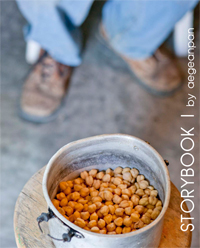
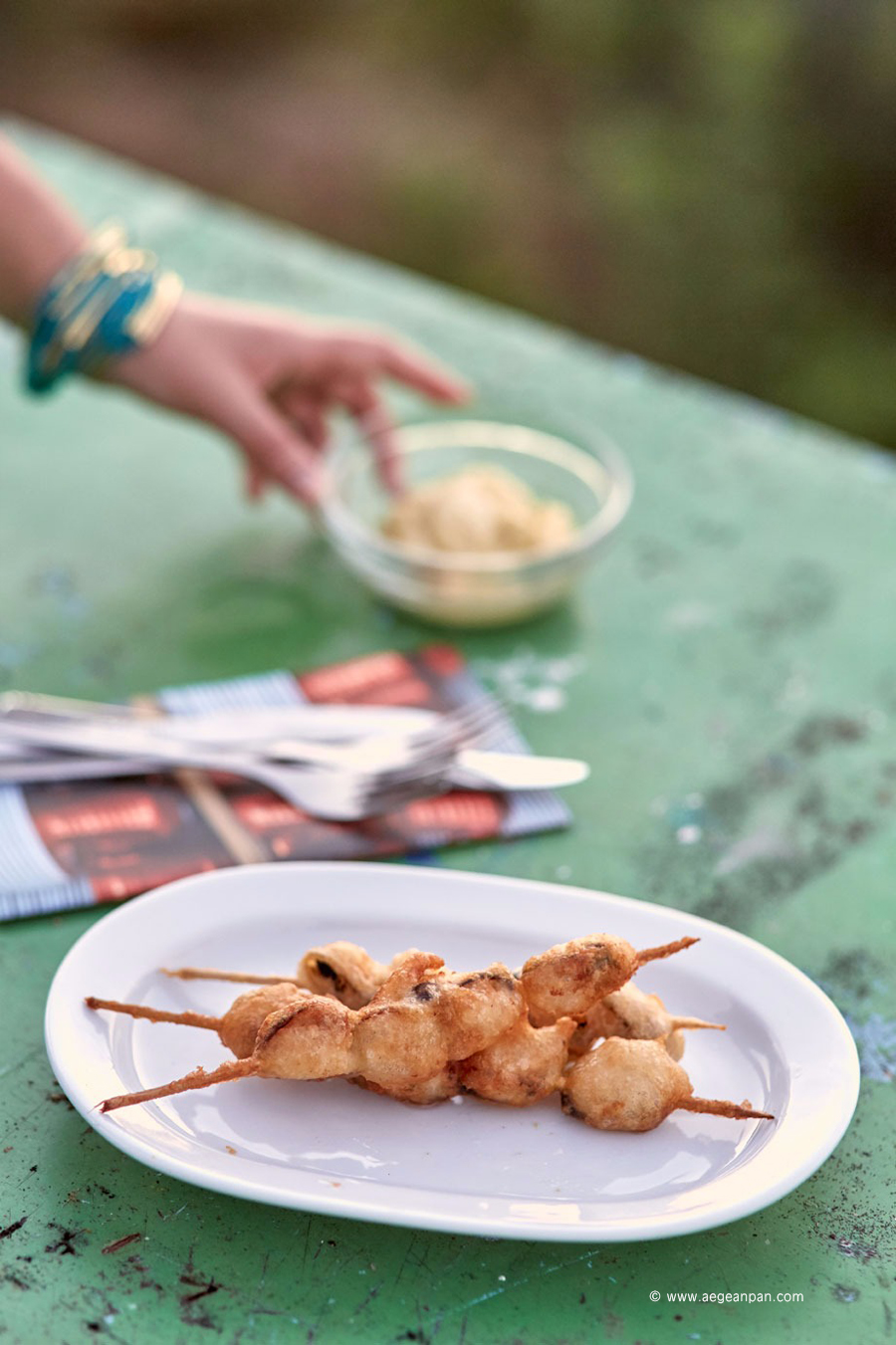
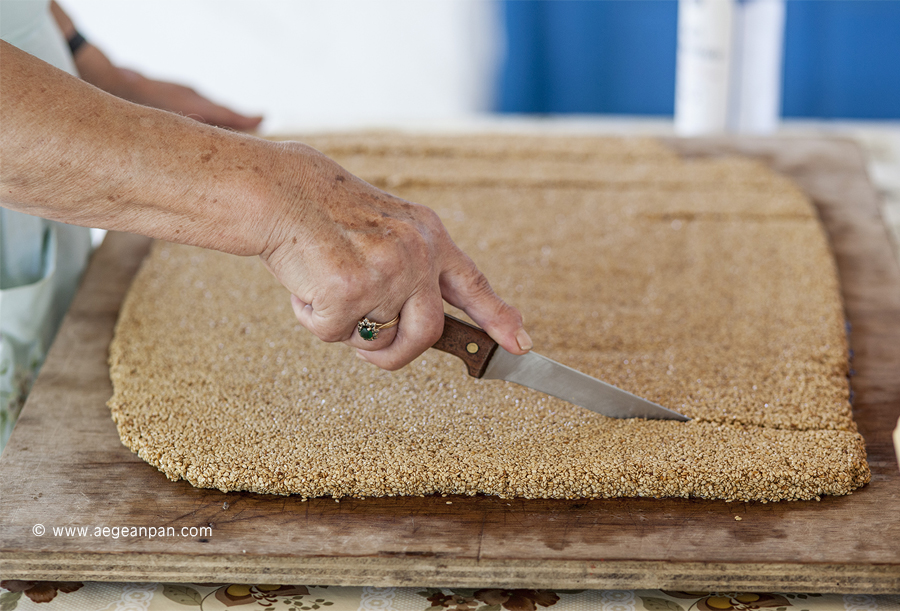

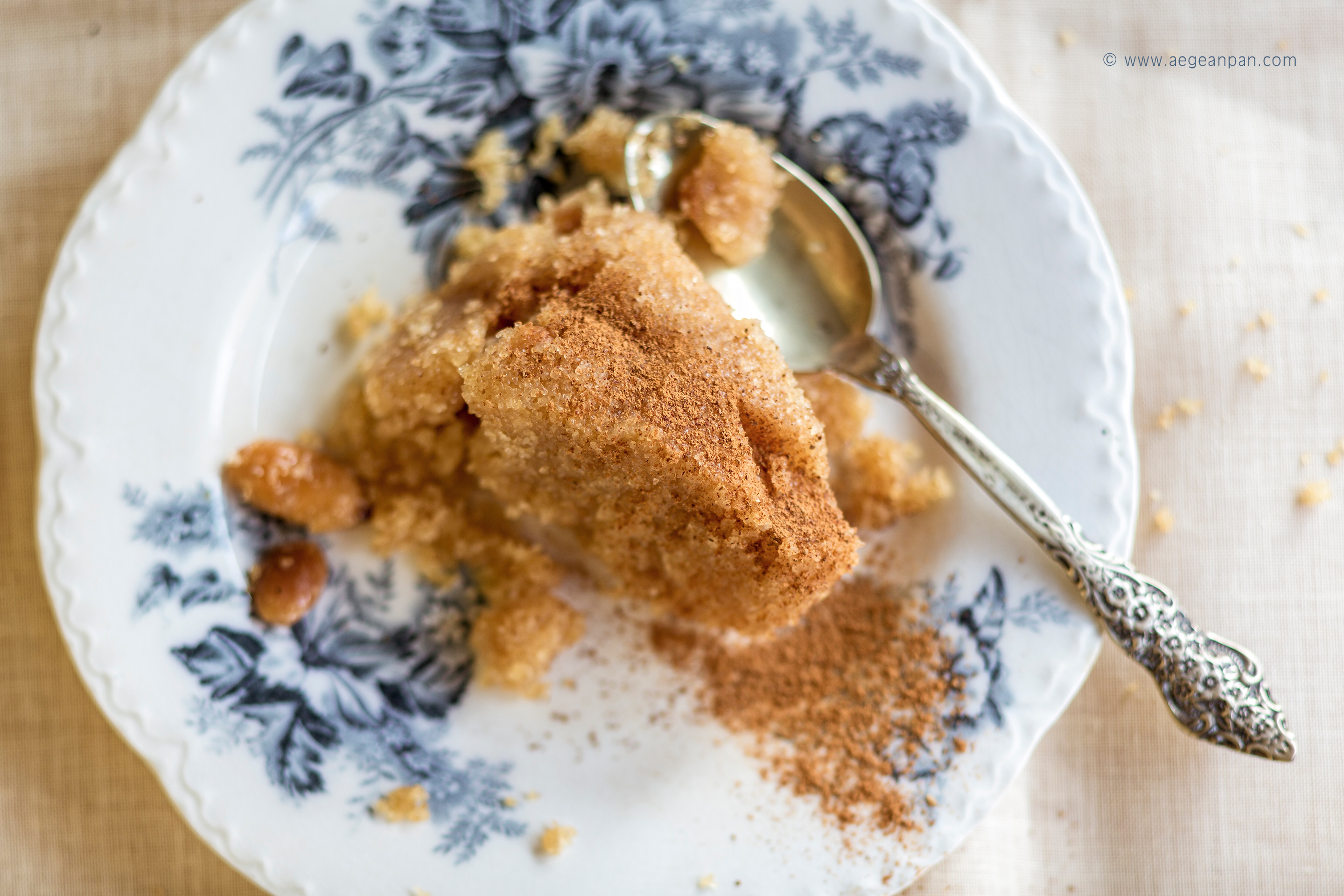
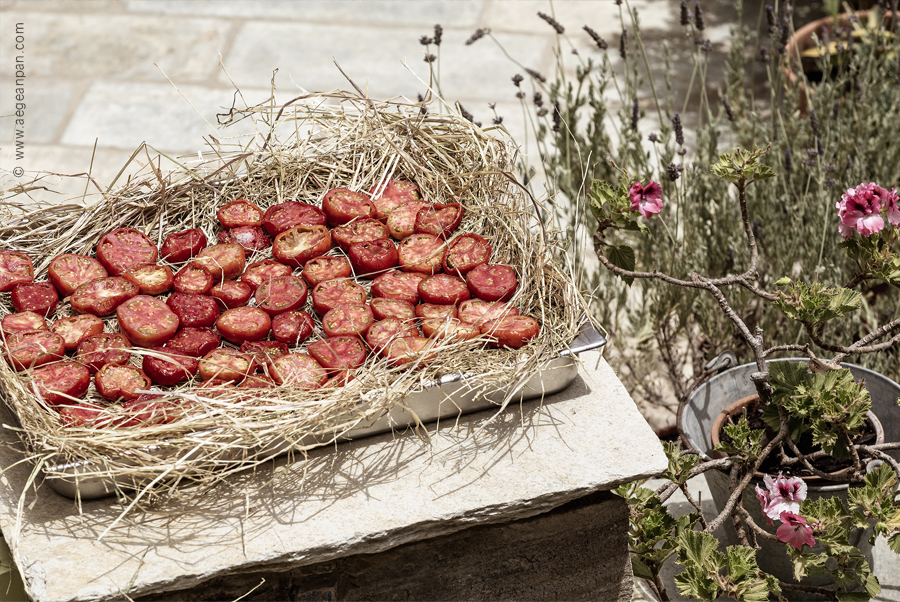
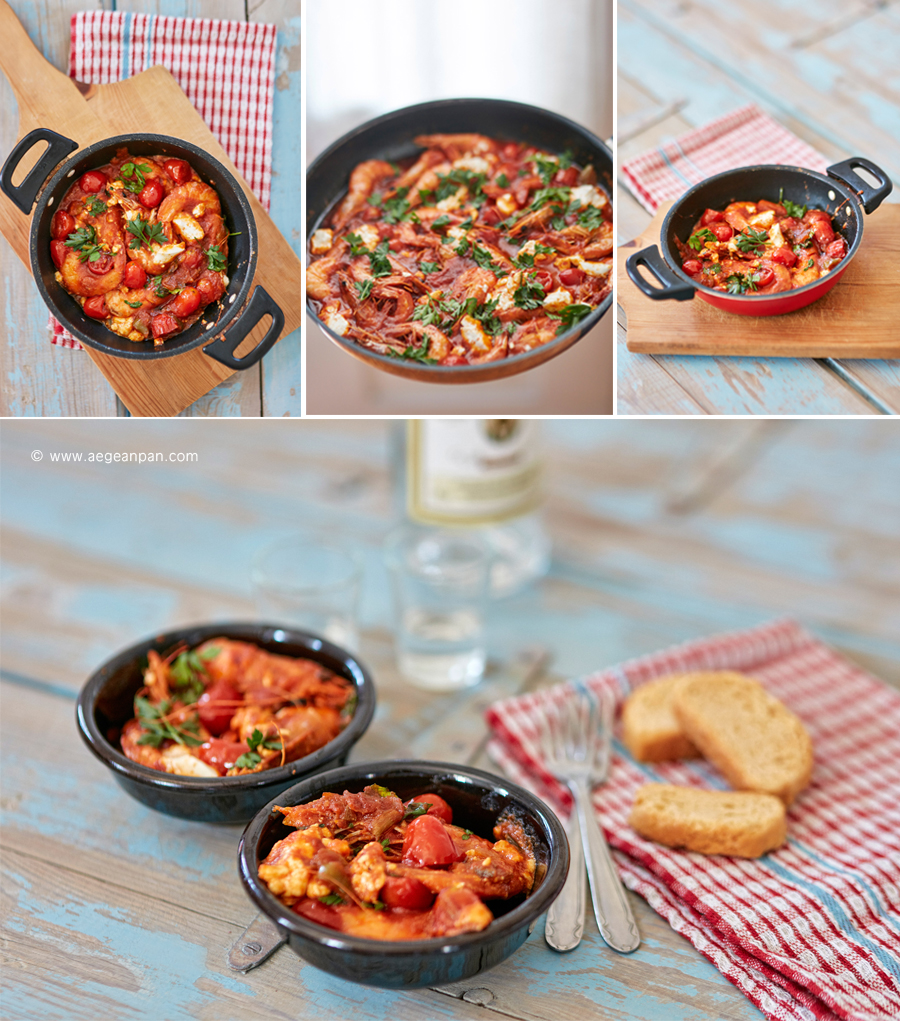
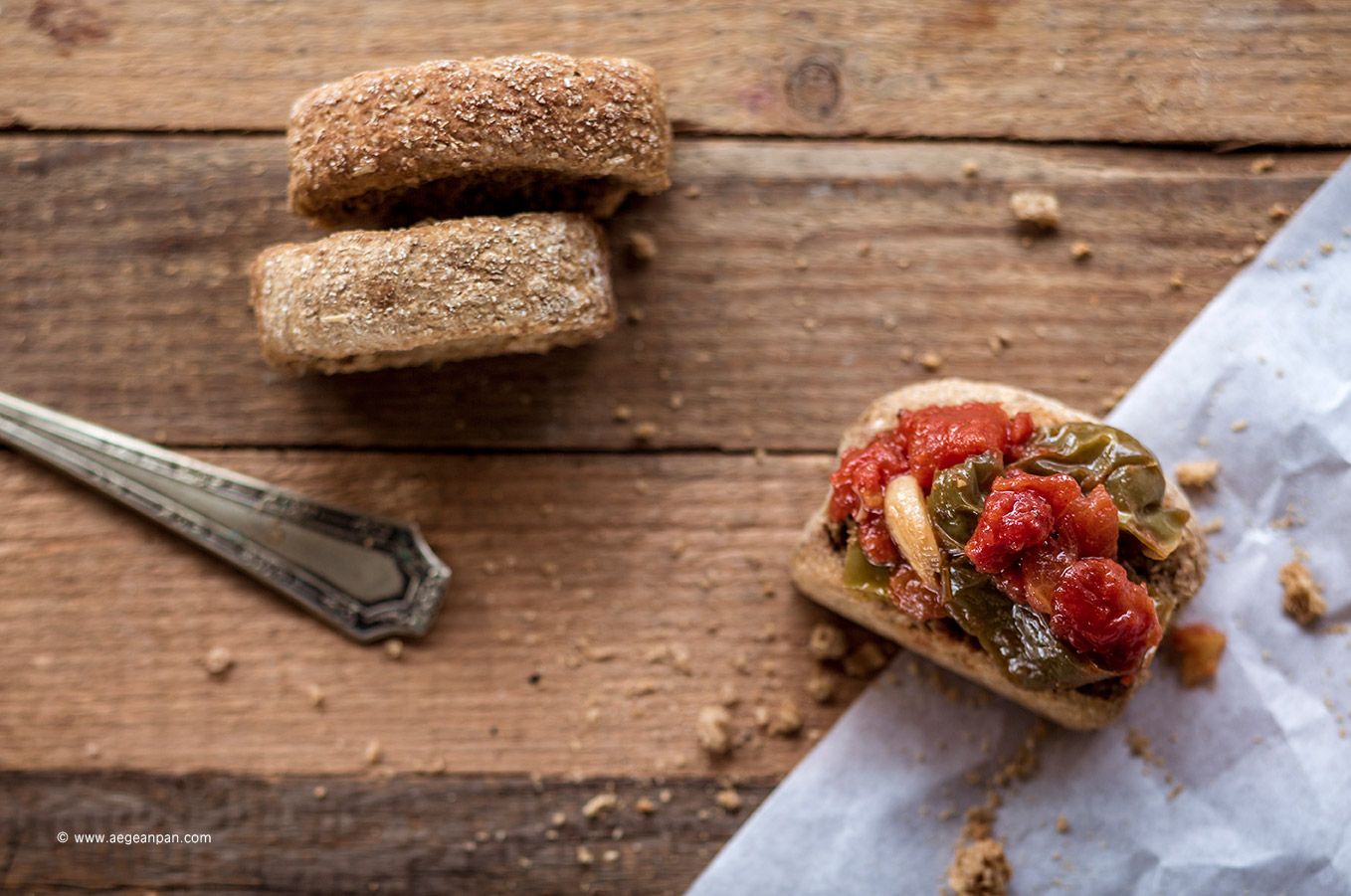
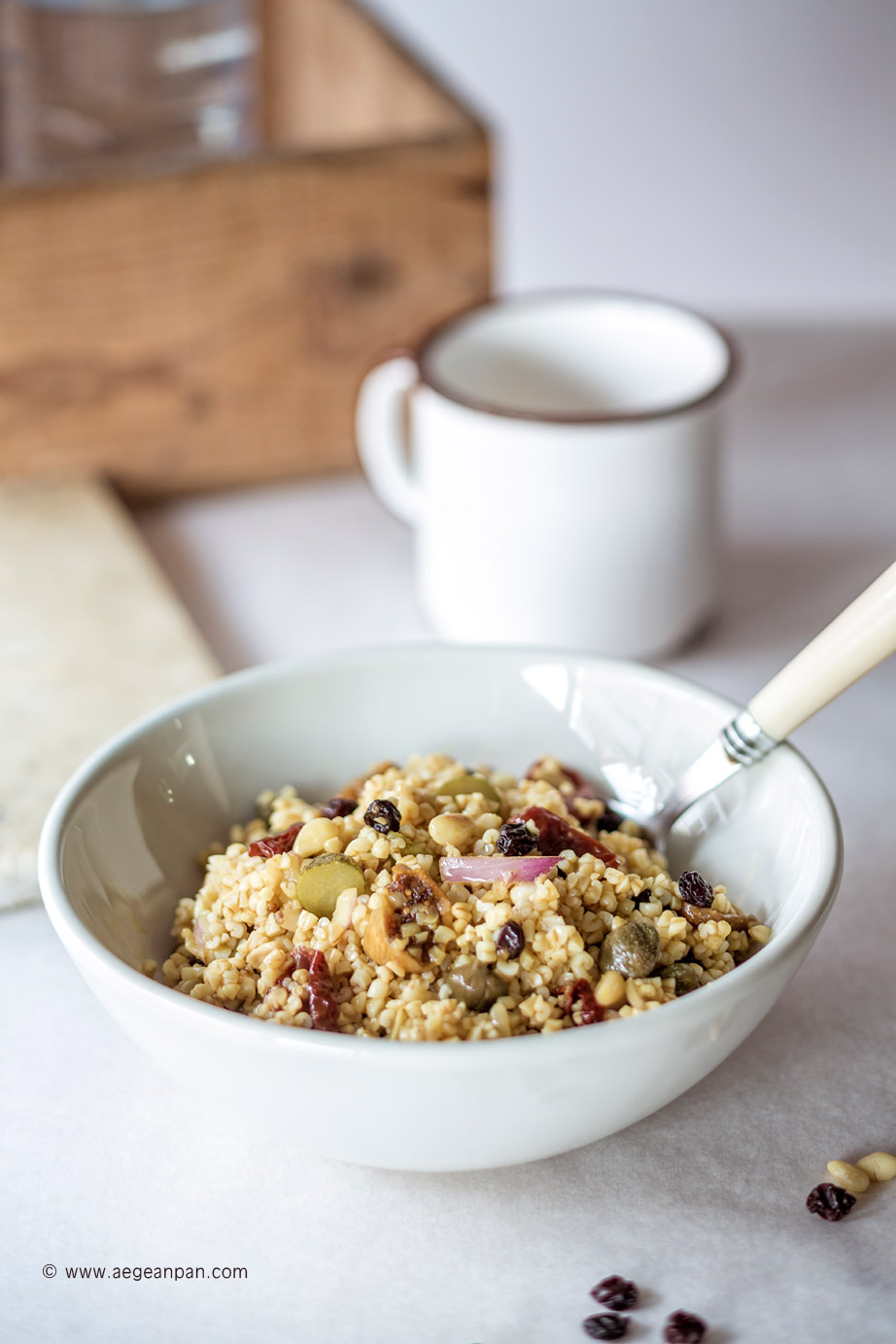

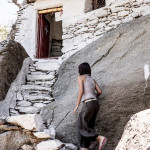
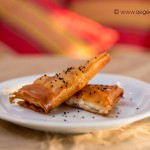




[…] Outside […]
[…] Image from: https://www.aegeanpan.com […]
[…] Outside […]